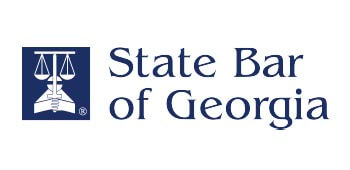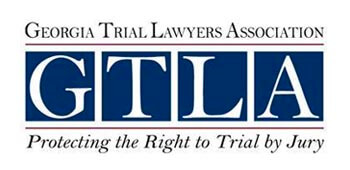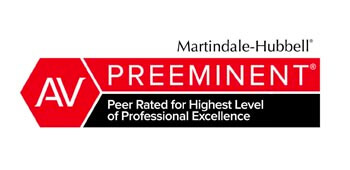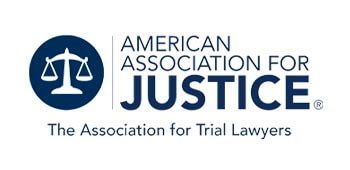Inclement weather, such as rain, snow or fog, can create hazardous driving conditions. Reduced visibility, slippery roads and limited traction increase the likelihood of accidents.
Georgia law acknowledges the impact of weather on driving conditions but places a responsibility on drivers to adjust their behavior accordingly.
Negligence
Georgia follows a comparative negligence system, meaning fault can go to multiple parties based on their degree of responsibility. Even in bad weather, the state expects drivers to exercise reasonable care and adjust their speed and behavior to ensure safety. Failure to do so may result in a finding of negligence.
Duty of care
All drivers have a duty to operate their vehicles safely, considering the circumstances. In bad weather, this duty extends to adjusting speed, maintaining a safe following distance and using headlights as necessary. Failing to take these precautions can be a breach of duty, contributing to negligence.
Failure to adapt
Macon gets about 46 inches of rain per year, well above the U.S. average of 38 inches. The courts may establish negligence if a driver fails to adapt to adverse weather conditions. For instance, driving at high speeds during heavy rain or snow without adjusting for reduced visibility and road traction can be negligent behavior.
The failure to activate windshield wipers, defrosting systems or other necessary equipment may also contribute to negligence.
Evidence
In the aftermath of a car accident in bad weather, evidence becomes important in determining negligence. This may include eyewitness accounts, traffic camera footage and weather reports. Establishing that a driver failed to take reasonable precautions in response to adverse weather conditions can strengthen a negligence claim.
Understanding the role of weather-related factors and adapting driving behavior accordingly is necessary for preventing accidents and navigating the legal aftermath.





